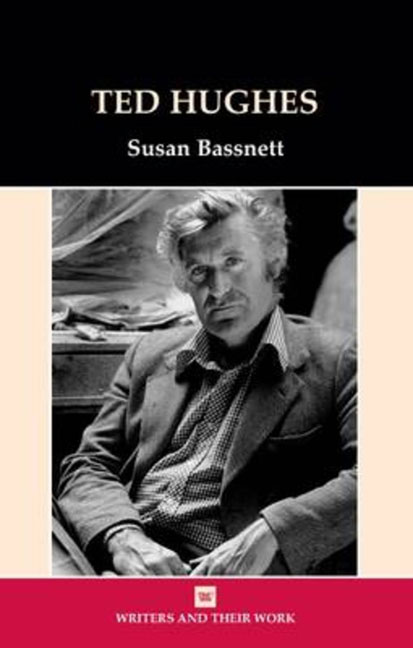Book contents
- Frontmatter
- Contents
- Acknowledgements
- Biographical Outline
- Abbreviations
- Introduction
- 1 ‘A sudden sharp hot stink of fox’: Ted Hughes and Nature
- 2 ‘Crowlookedattheworld’: The Poet as Shaman
- 3 ‘Being British is the mystery’: Hughes and his English Roots
- 4 ‘His voice felt out of the way. “I am”, he said’: Language and Mythology
- 5 With the Word burn the hearts of the people’: Ted Hughes and Translation
- Notes
- Select Bibliography
- Index
1 - ‘A sudden sharp hot stink of fox’: Ted Hughes and Nature
- Frontmatter
- Contents
- Acknowledgements
- Biographical Outline
- Abbreviations
- Introduction
- 1 ‘A sudden sharp hot stink of fox’: Ted Hughes and Nature
- 2 ‘Crowlookedattheworld’: The Poet as Shaman
- 3 ‘Being British is the mystery’: Hughes and his English Roots
- 4 ‘His voice felt out of the way. “I am”, he said’: Language and Mythology
- 5 With the Word burn the hearts of the people’: Ted Hughes and Translation
- Notes
- Select Bibliography
- Index
Summary
In an interview in the London Magazine in January 1971, Hughes spoke about the impact of his birthplace on his language. Pointing out that he grew up in West Yorkshire, where a very distinctive dialect is spoken, he went on to suggest that one's childhood dialect stays alive in some way, ‘in a sort of inner freedom’. Without his own particular form of speech, he feels he would never have been able to write poetry, adding that West Yorkshire dialect is directly connected to Middle English. This historical connection was to lead him later to translate one of the greatest Middle English poems, Sir Gawain and the Green Knight and to write a version of a Greek tragedy for Northern Broadsides, a theatre company that performs classic works in Northern dialect. The rhythms of West Yorkshire speech with its strong oral dialect tradition gave him the impetus to write and sustained him in his writing throughout his life.
Hughes was always preoccupied with patterns of sound. In his first collection, The Hawk in the Rain, his bold use of alliteration, assonance, consonant clusters and compound words gives a physicality to a variety of subjects. In ‘The Martyrdom of Bishop Farrar’, the burning is depicted by piling words on words:
The sullen-jowled watching Welsh townspeople
Hear him crack in the fire's mouth; they see what
Black oozing twist of stuff bubbles the smell
That tars and retches their lungs
(HR 61)
The desperate running of a caged wild animal in a zoo in ‘The Jaguar’ is portrayed through the repetitive use of b and s sounds:
The eye satisfied to be blind in fire,
By the bang of the blood in the brain deaf the ear –
He spins from the bars, but there's no cage to him
More than to the visionary his cell:
His stride is the wildernesses of freedom:
(HR 12)
In ‘Fallgrief's Girl-Friends’ the man speaks in recognizable Yorkshire:
While I am this muck of man in this
Muck of existence, I shall not seek more
Than a muck of a woman
(HR 29)
- Type
- Chapter
- Information
- Ted Hughes , pp. 13 - 31Publisher: Liverpool University PressPrint publication year: 2009

